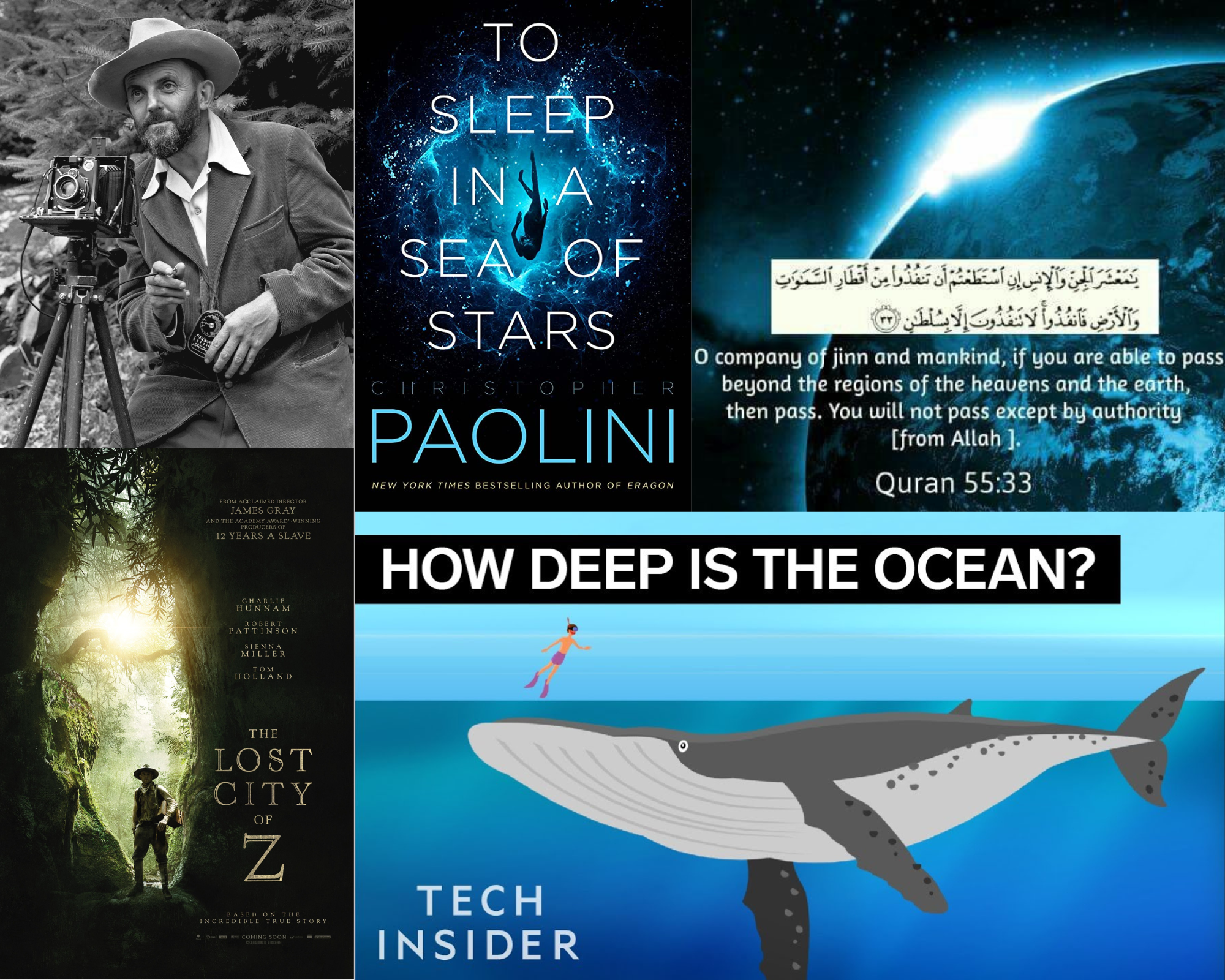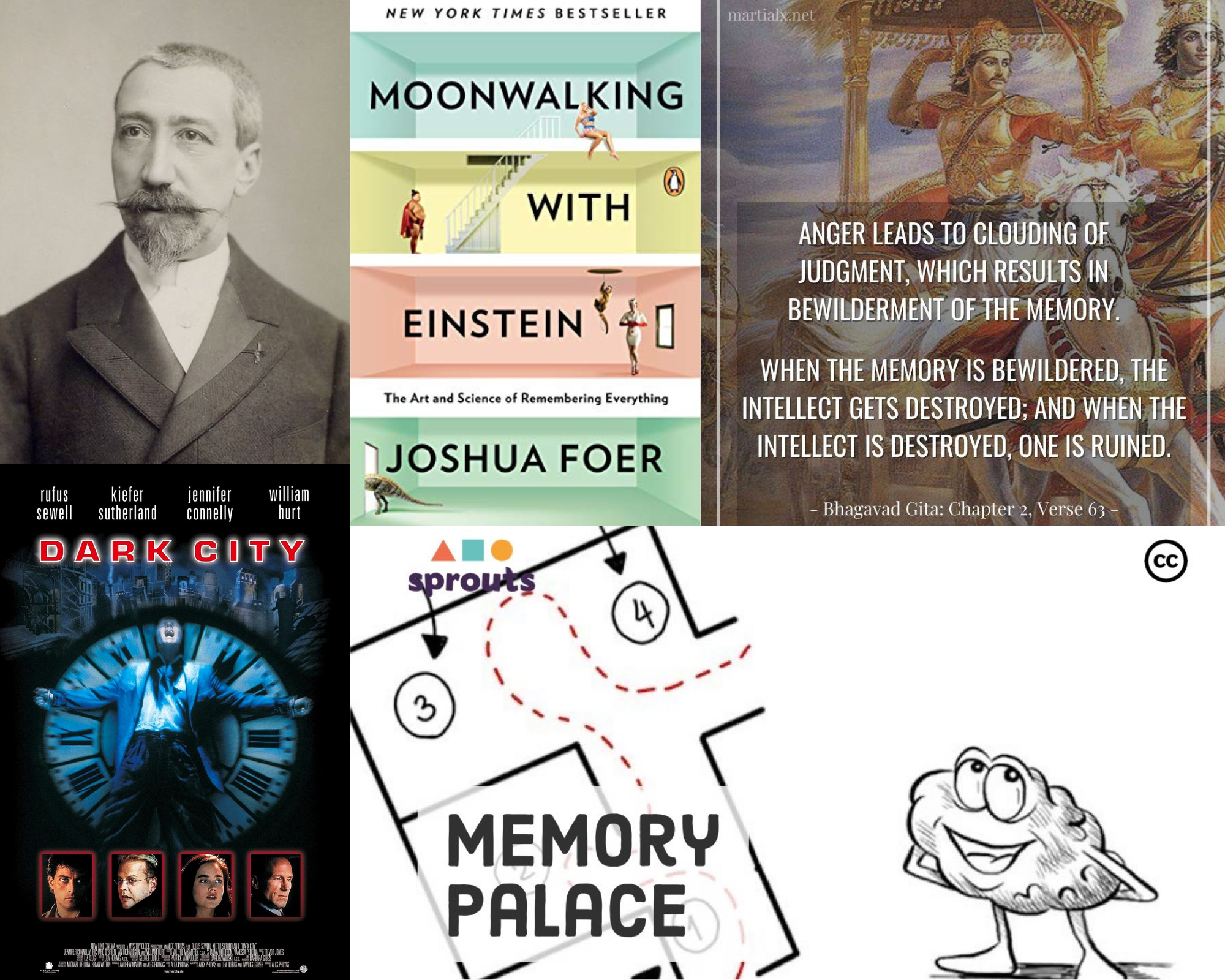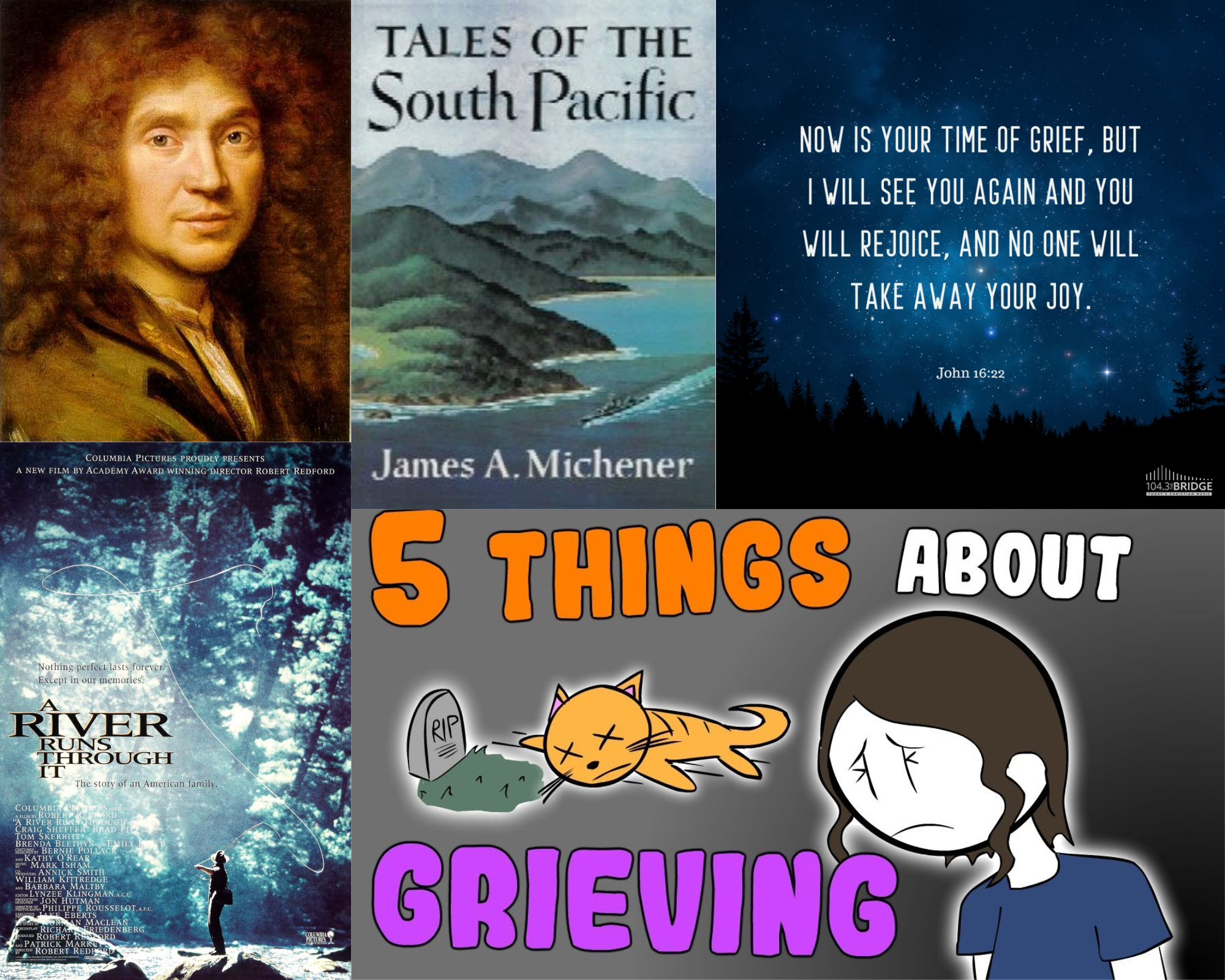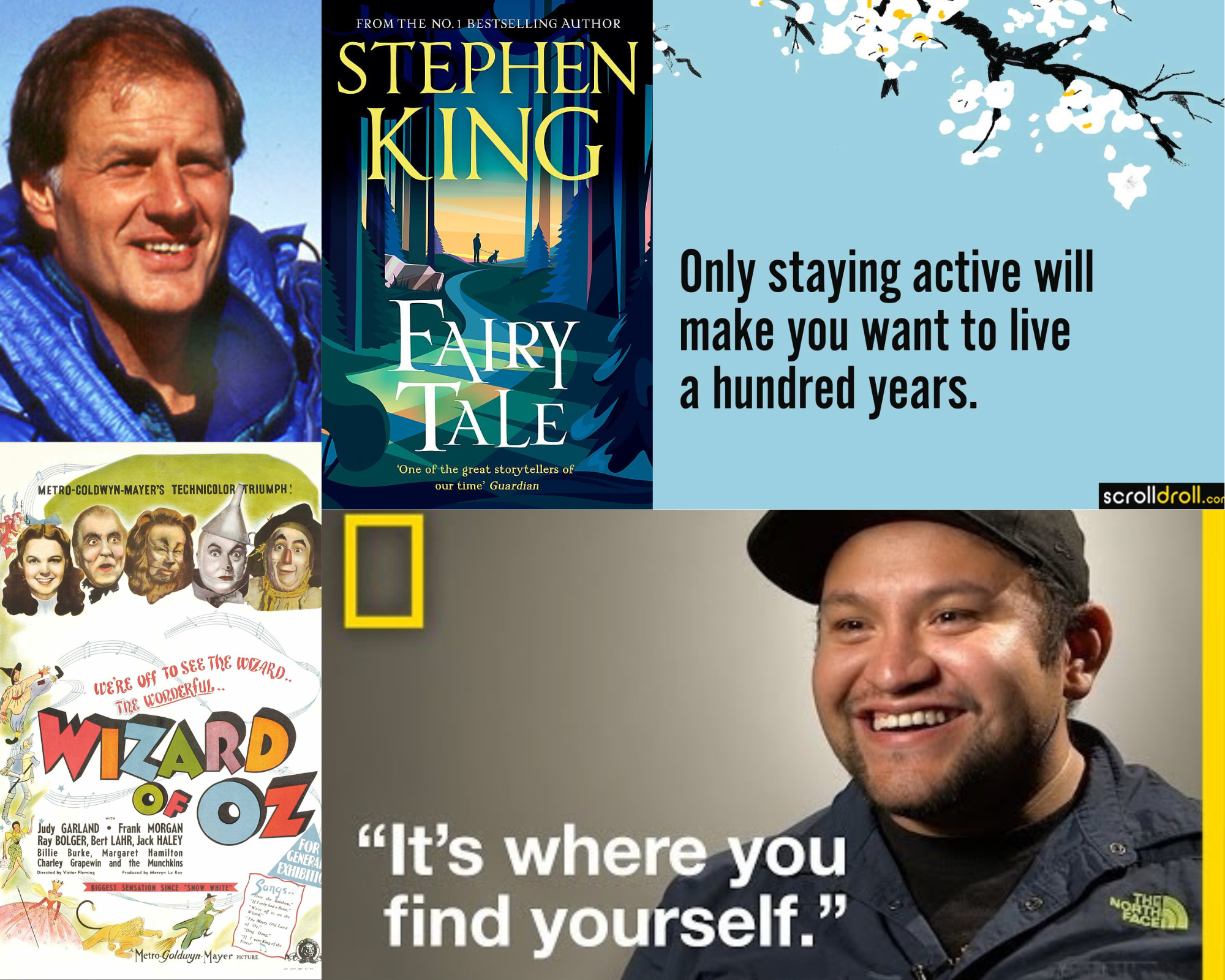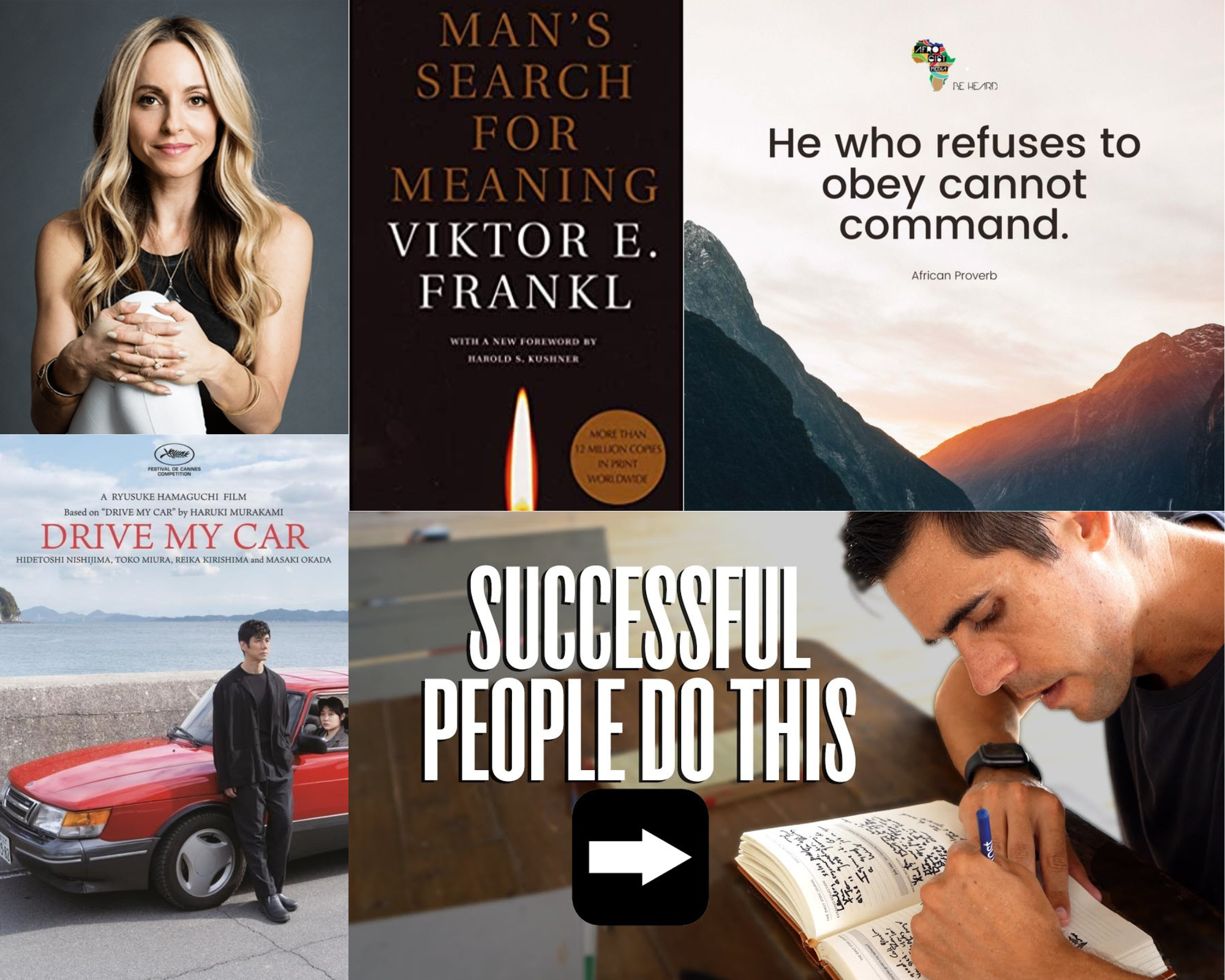Sunday Supplement #106 (May 21st, 2023)
Below is another Sunday Supplement with a quote worth sharing, a book worth reading, a movie worth watching, brainfood worth consuming, and a spiritual passage worth pondering.
Please take something away from these recommendations that enriches your week ahead!
Quote of the Week:
“In wisdom gathered over time, I have found that every experience is a form of exploration.”
– Ansel Adams
Book of the Week:
To Sleep in a Sea of Stars – Christopher Paolini
Christopher Paolini is probably best known for his Inheritance Cycle series and was recognized by the Guinness World Records as the youngest author of a bestselling book series.
Almost a decade after the last novel in his famous Inheritance Cycle series, Paolini published the adult Sci-Fi novel To Sleep in a Sea of Stars.
To Sleep in a Sea of Stars follows xenobiologist Kira Navárez in 2257 as she discovers an ancient alien technology that covers her body.
Different parties want the technology that has bound itself to Navárez, and the xenobiologist finds herself in an outbreak of war that threatens Earth and its colonies.
The novel is a beautiful exploration of science fiction and humanity. Rarely do I read books around a thousand pages and am completely fulfilled with the entire journey.
Movie of the Week:
David Grann’s New York Times bestseller The Lost City of Z was adapted to the 2016 film of the same name starring Charlie Hunnam, Robert Pattinson, Sienna Miller, and Tom Holland.
The film follows British explorer Percy Fawcett and his explorations to the Amazon in the early 1900s to find a supposed ancient lost city.
The Lost City of Z was not a financial success, but it received praise from critics. The acting and cinematography, in particular, were outstanding.
I don’t think the film is for everyone, but if you enjoy a slower-paced film with historical context and an intriguing story, check this one out.
Brainfood of the Week:
This Incredible Animation Shows How Deep The Ocean Really Is | Insider Tech
This Insider Tech video starts with the question, “Just how deep does the ocean go?” The following animation gives a perspective of how deep the ocean actually is.
If you took the highest point on land and submerged it, you would still have more than a mile between you and the deepest point in the oceans.
The video breaks down some of the history of human exploration in the oceans and the animals that live in its depths.
At the end of the video, Insider Tech discusses the Challenger Deep trench and how scientists estimate there are potentially thousands of marine species we have yet to discover.
Insider Tech’s YouTube page has over 4 million subscribers and shares videos regularly about technology.
Closing Spiritual Passage:
“If you have the power to go beyond the bounds of the heavens and the earth, go beyond them!”
– Surah Ar-Rahman 55:33
This passage from the Quran is often quoted in the context of space travel but is often interpreted as meaning you cannot escape Allah’s (God’s) grasp.
I think there is worth in looking into both the call to explore and the idea that we cannot escape Allah’s (God’s) grasp.
The latter is one I believe is something that holds us to our actions. Whether or not you believe in a God, I think we have to answer for our actions in some way.
For the former on exploration, I think it is a call to search far and wide for meaning. Maybe we come back to the realms of earth and heaven, but I believe we were meant to explore.
Explore yourself and the world, and have a blessed week ahead!
Comments closed